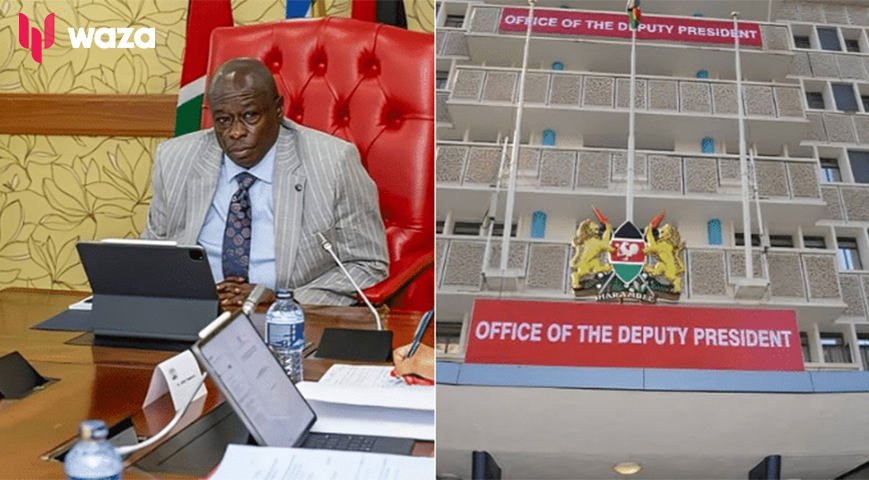Impeached Deputy President Rigathi Gachagua has expressed his discontent with the Judiciary regarding how his petition to stop his replacement is being handled. Following his impeachment, which was confirmed by the Senate, Gachagua moved to the High Court and successfully obtained an order restraining President William Ruto from appointing a new Deputy President until his case is heard on October 24.
Justice Chacha Mwita, who granted the order, acknowledged that Gachagua’s petition raised significant legal questions and instructed that the case file be sent to Chief Justice Martha Koome to form a bench to hear the matter. Initially, Chief Justice Koome had appointed a three-judge bench consisting of Justices Eric Ogola, Antony Mrima, and Frida Mugambi to handle a set of consolidated petitions related to Gachagua's impeachment. However, Gachagua’s initial request to halt the impeachment process was declined.

After his impeachment, Gachagua returned to court to prevent his replacement, only to discover that the case had been reassigned to the same three-judge bench. In a letter to the High Court registrar, Gachagua questioned how the case, originally assigned to Justice Chacha Mwita, ended up before the three-judge panel without a formal directive from the Chief Justice.
Did you read this?
His concerns grew when new orders were issued by Justice Frida Mugambi on a Saturday—outside regular court hours—moving the hearing date from October 24 to October 22. Gachagua emphasized that this change occurred without his knowledge and that the Judiciary’s decision to convene on a Saturday was highly irregular.
The Attorney General, representing the government, had earlier sought to expedite the hearing, pushing for the conservatory orders halting Gachagua’s replacement to be lifted sooner than expected. Gachagua is now demanding an investigation into how the case was transferred from Justice Mwita to the three-judge panel, insisting that proper procedures were not followed. He has indicated his intention to file a formal complaint with the Judicial Service Commission to address these irregularities.









